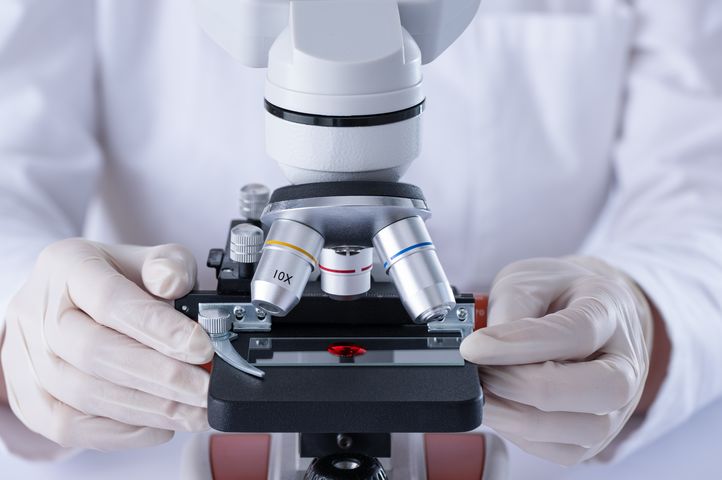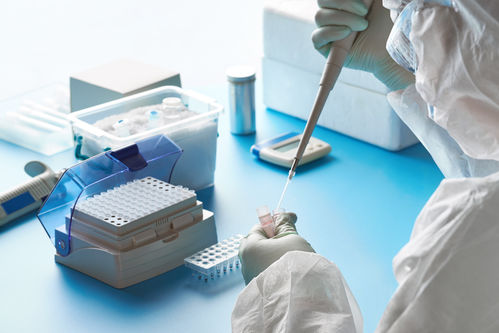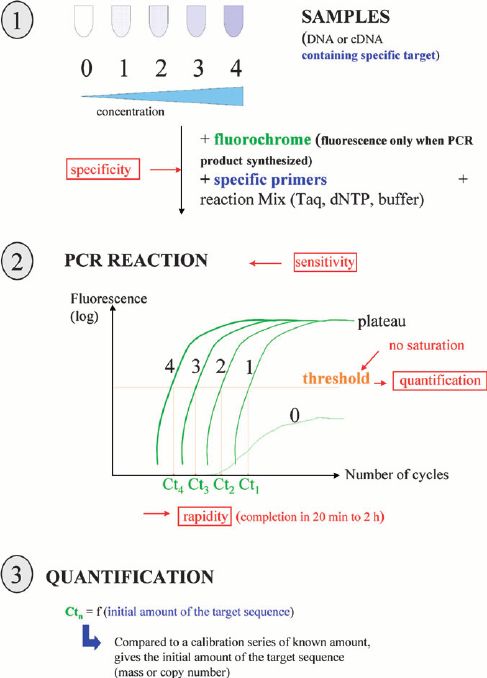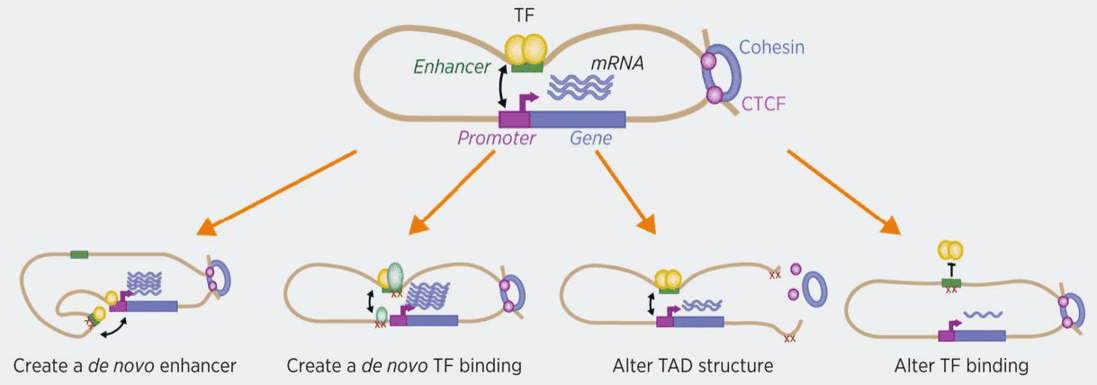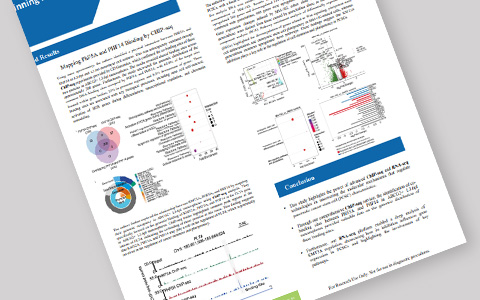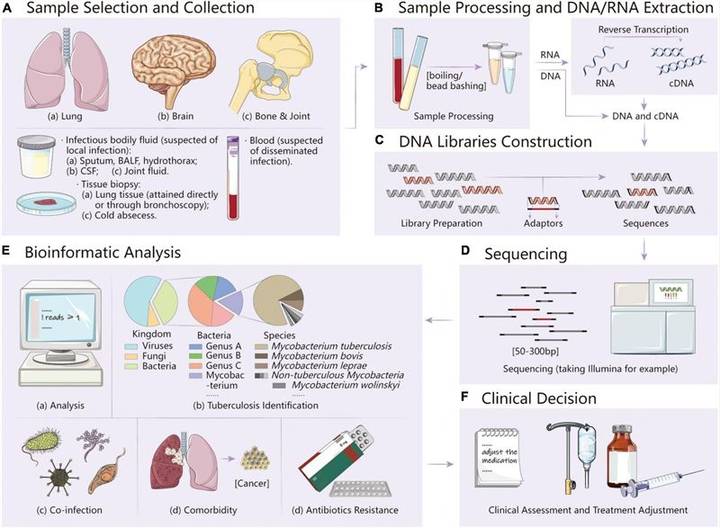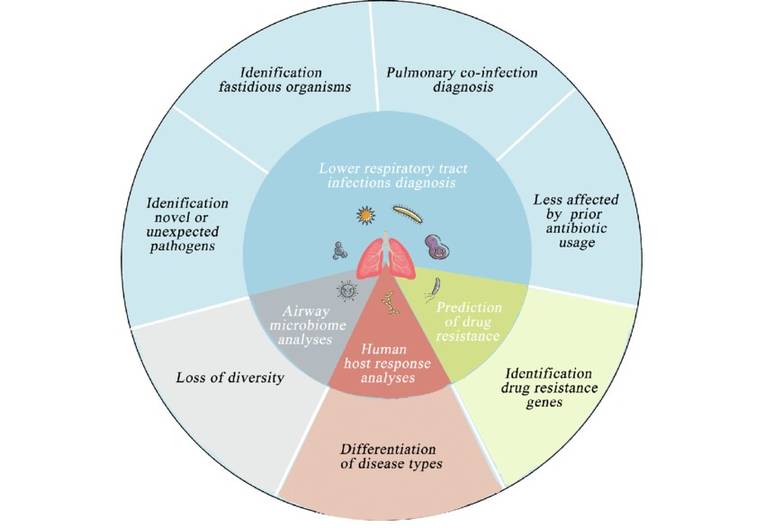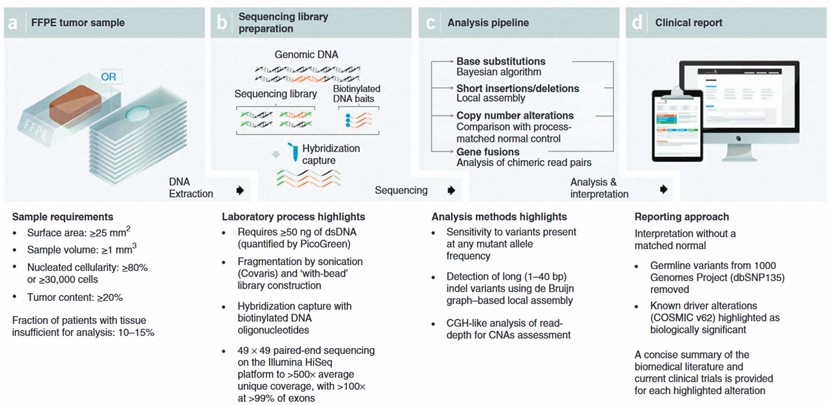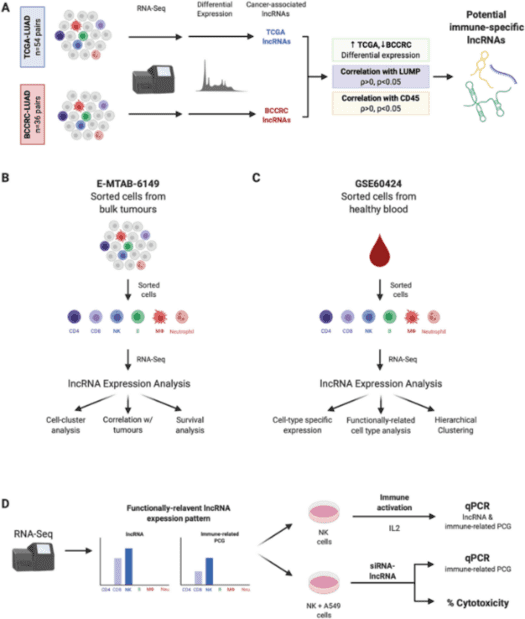Custom Celiac Disease Panel

What is celiac disease?
Celiac disease, also known as "gluten intolerance", is an autoimmune disease that affects the small intestine of genetically susceptible individuals. The research shows that celiac disease is a treatable and gluten-induced disease, and it often occurs concurrently with other autoimmune diseases. When people come into contact with gluten, they will trigger a reaction from the body's immune system. People with celiac disease will find that the inner layer of the small intestine is destroyed by the immune system reaction and will cause inflammatory reactions in the small intestine, such as diarrhea and constipation. These symptoms of celiac disease may cause a series of major health problems such as fatigue, headache and poor growth. The more common and non-classical symptoms of celiac disease contain not only constipation, chronic fatigue and headache, but also iron deficiency, bloating, abdominal pain and osteoporosis. Its onset time is uncertain, and the celiac disease statistics show that 1 in every 100 people worldwide has celiac disease. Due to the combined effects of genetic susceptibility and unknown environmental factors, people are more likely to develop celiac disease, especially, it is estimated that more than 95% of those with celiac disease test positive for either HLA-DQ2 or HLA-DQ8 genes. It's showed that 39 non-HLA regions are associated with increased risk for coeliac disease via genome-wide association studies.
Disease-related gene description
Genetic testing can determine whether the person has human leukocyte antigen (HLA), particularly the HLA-DQ2 and HLA-DQ8 genes, which can eliminate celiac disease. Gluten is the name for a group of the prolamin storage protein in cereal wheat, rye and barley. The gluten is all good source for glutamine and proline, and its incomplete digestion will come into being the peptides up to 33 amino acids. These peptides may go into the small intestine, which causes an adaptive immune response in the human body. The adaptive immune response relies on the deamidation of gliadin by enzyme tissue molecular transglutaminase (TTG). Deamidation enhances the immunogenicity of gliadin and promotes the binding of HLA-DQ2 or HLA-DQ8 molecules on antigen presenting cells. The innate immune response in the epithelial compartment is caused by this adaptive immune response, which causes an increase of lymphocytes in the epithelium. Increased expression of the T lymphocyte receptors NKG2D and CD9/NKG2A is produced in humans with celiac disease, which allows them to recognize the products of the genes MICA and MICB. At the same time, epithelial interleukins promote the expression of natural killer receptors from the innate immune response in cells. The number of alleles of the HLA gene is uncertain and diverse in each individual. The celiac disease gene carrier has a complex formed by HLA-DQA1 * 05 and HLA-DQB1 * 02, the DQ2 heterodimer, which acts to recognize the gliadin portion from gluten and induce the innate immune system to resist these foreign proteins.
To offer comprehensive information related to HLA-DQ2, HLA-DQ8 genes and other similar genes, we provide a panel content associated with celiac disease from which you can select genes you are interested for testing.
Custom celiac disease panel offers but are not limited to:
-
Our platform specializes in sequencing the customizable celiac disease panel which can meet your high-quality inspection result and low-cost requirements.
-
In order to ensure the accuracy of the test results, each detected gene mutation result must be verified.
-
Targeted sequencing-based gene panels analyze the selected gene(s) of interest with high sensitivity and specificity, which can provide reliable allele identification.
-
To ensure high quality sequencing data, strict data quality control is set throughout the analysis process.
-
You can choose the design of the custom celiac disease panel according to the requirements of your test or directly follow the custom celiac disease panel we have designed to complete your testing needs.
Choose the genes that suit you from the celiac disease gene list
| HLA-A |
HLA-B |
HLA-C |
HLA-E |
HLA-F |
HLA-G |
| HLA-H |
HLA-J |
HLA-K |
HLA-L |
HLA-N |
HLA-P |
| HLA-S |
HLA-T |
HLA-U |
HLA-V |
HLA-W |
HLA-X |
| HLA-Y |
HLA-Z |
HLA-DRA |
HLA-DRB1 |
HLA-DRB2 |
HLA-DRB3 |
| HLA-DRB4 |
HLA-DRB5 |
HLA-DRB6 |
HLA-DRB7 |
HLA-DRB8 |
HLA-DRB9 |
| HLA-DQ2 |
HLA-DQ8 |
HLA-DQA1 |
HLA-DQA2 |
HLA-DQB1 |
HLA-DQB2 |
| HLA-DQB3 |
HLA-DOA |
HLA-DOB |
HLA-DMA |
HLA-DMB |
HLA-DPA1 |
| HLA-DPA2 |
HLA-DPA3 |
HLA-DPB1 |
HLA-DPB2 |
HFE |
TAP1 |
| TAP2 |
PSMB8 |
PSMB9 |
MICA |
MICB |
MICC |
| MICD |
MICE |
|
|
|
|
Specimen requirements of our custom celiac disease panel
- Specimen: whole blood or extracted DNA.
- Volume: 3 mL whole blood. 1 μg DNA.
- Collection: blood is collected by routine blood collection. DNA samples are bottled into DNA collector with specific buffer.
- Container: lavender (EDTA), pink (K2EDTA) or yellow (ACD Solution A or B).
Gene panel workflow

References:
- Markku Mäki, et al. Coeliac disease. Lancet, 1997, 349(9067):1755-1759.
- Megiorni F, et al. HLA-DQ and risk gradient for celiac disease. Human Immunology, 2009, 70(1):0-59.
- Pietzak M M, et al. Stratifying Risk for Celiac Disease in a Large At-Risk United States Population by Using HLA Alleles. Clinical Gastroenterology & Hepatology, 2009, 7(9):834-840.
* For research purposes only, not intended for clinical diagnosis, treatment, or individual health assessments.
Related Services
Related Products
Related Resources


